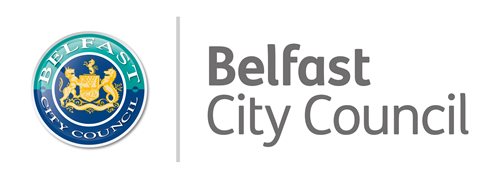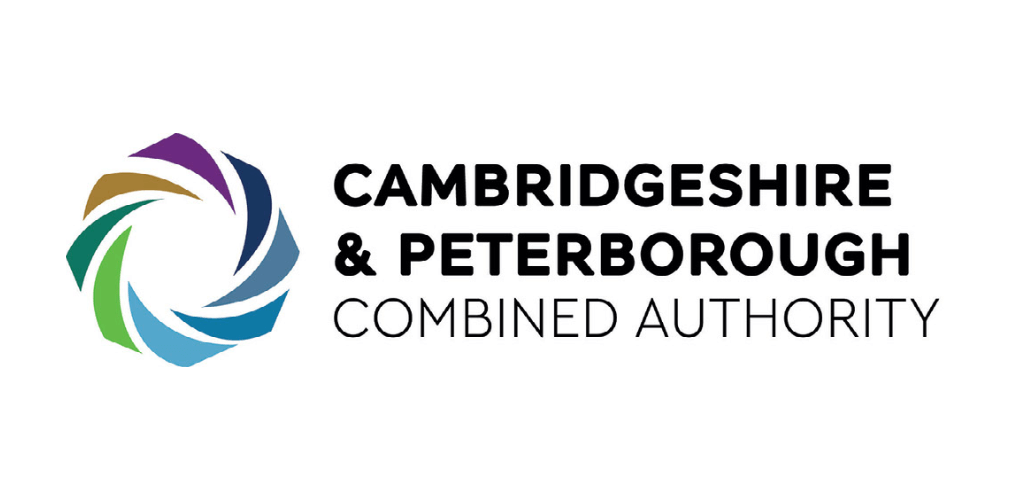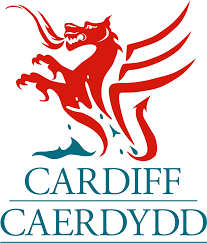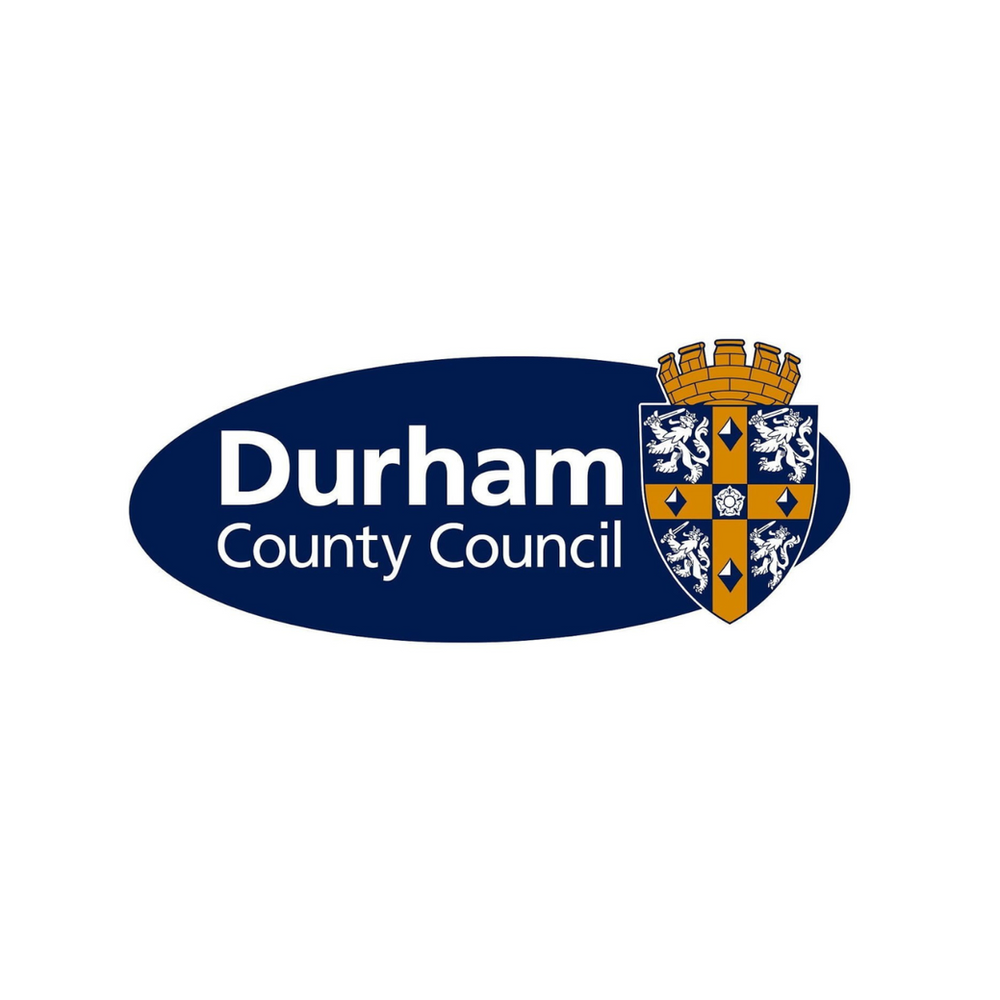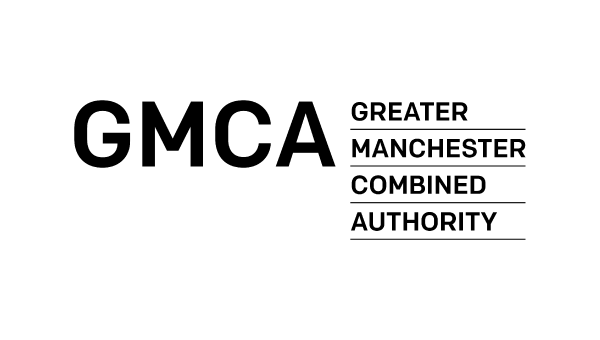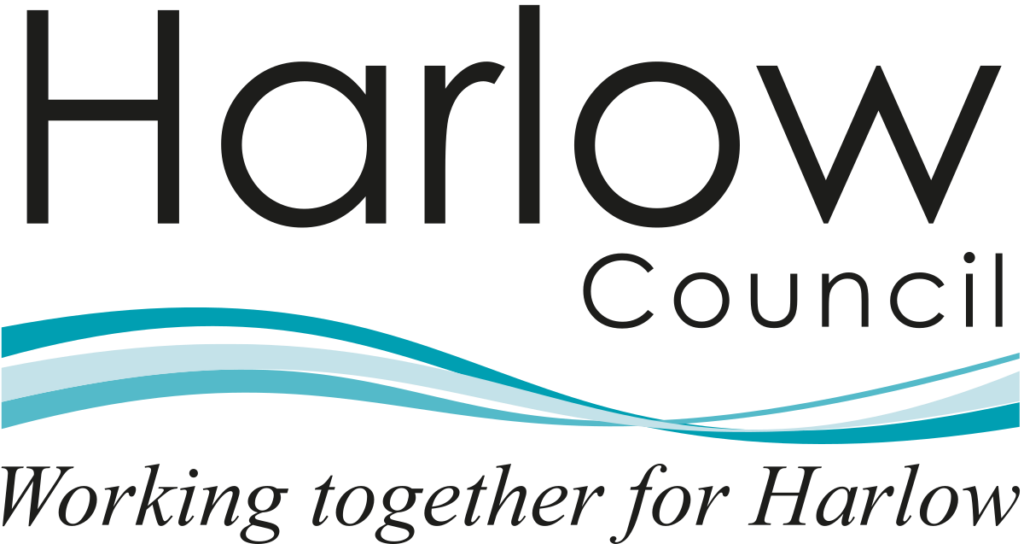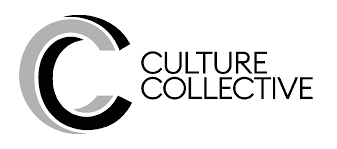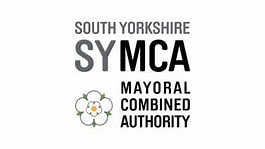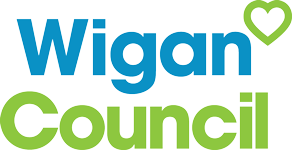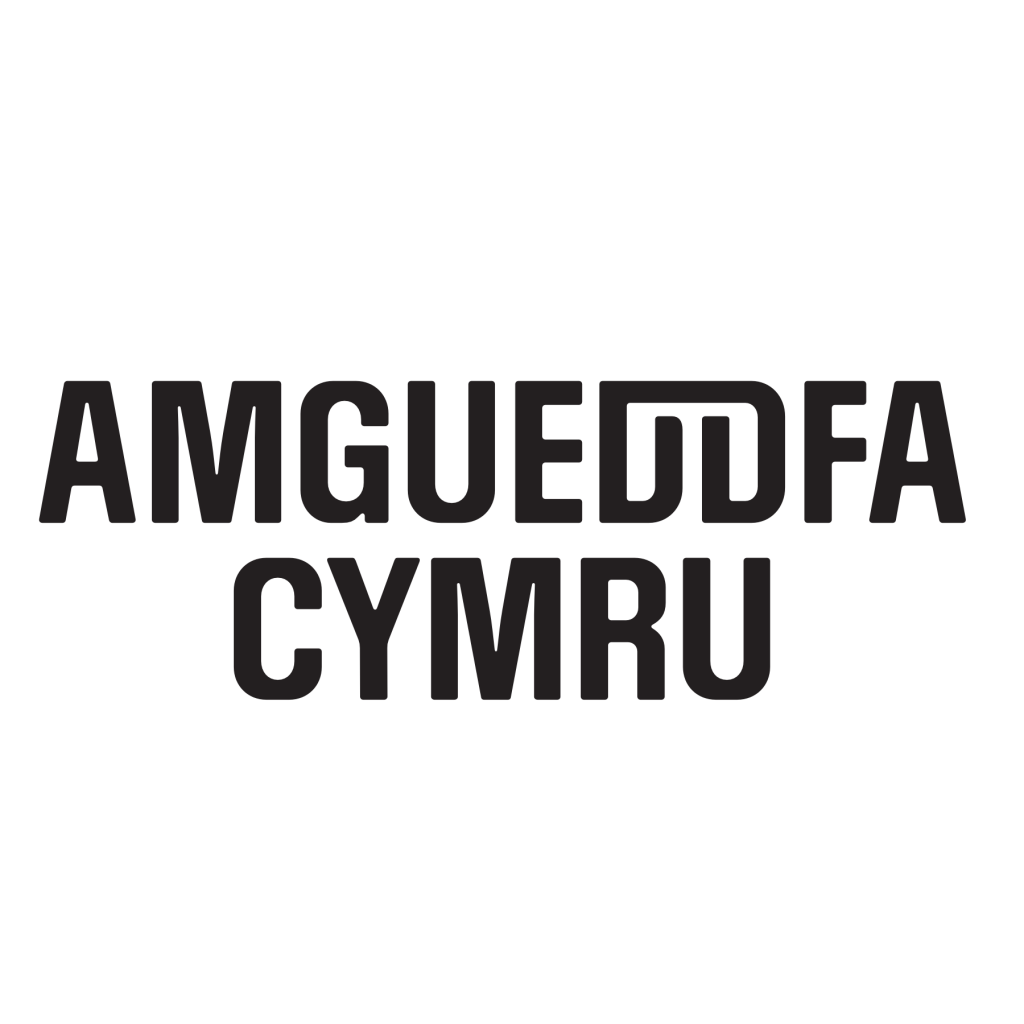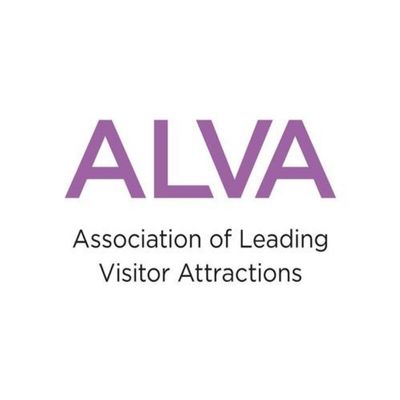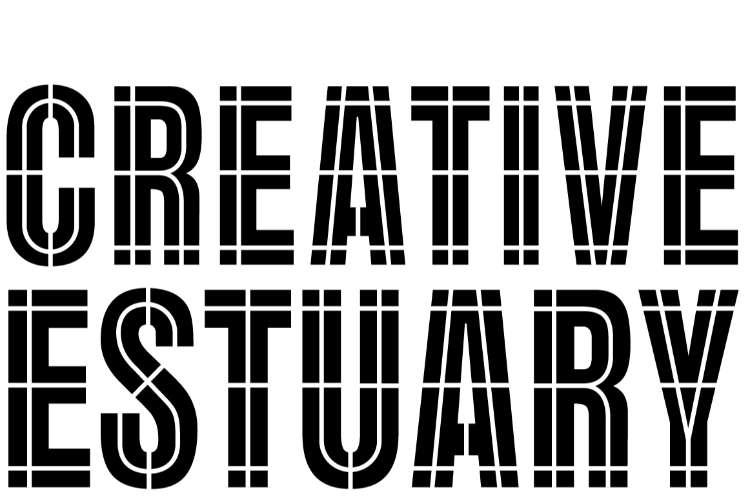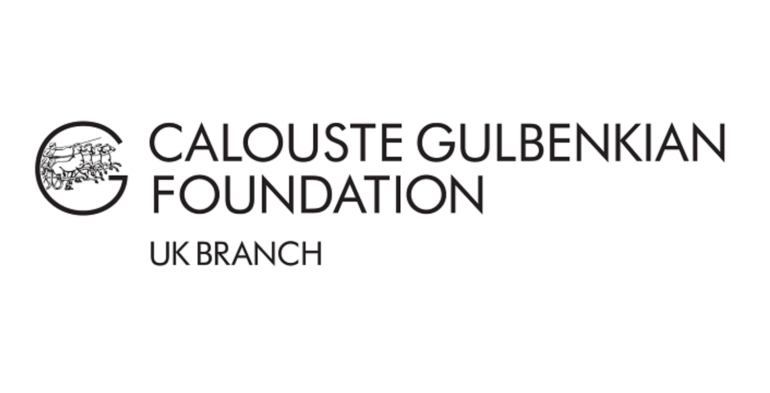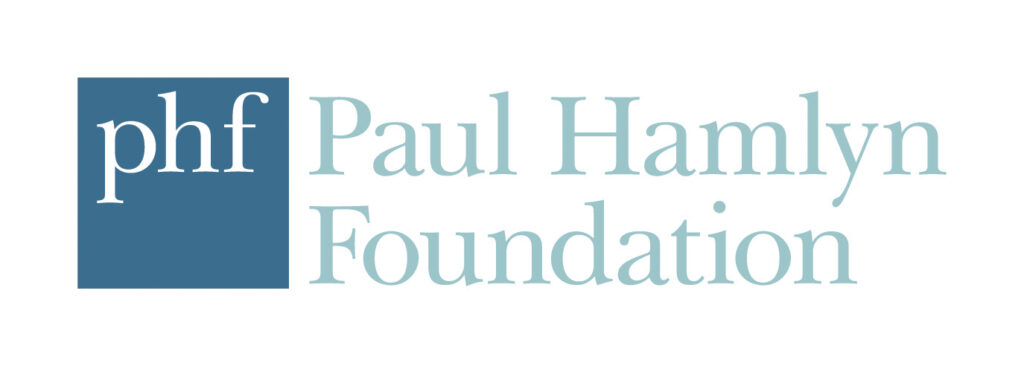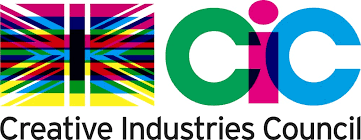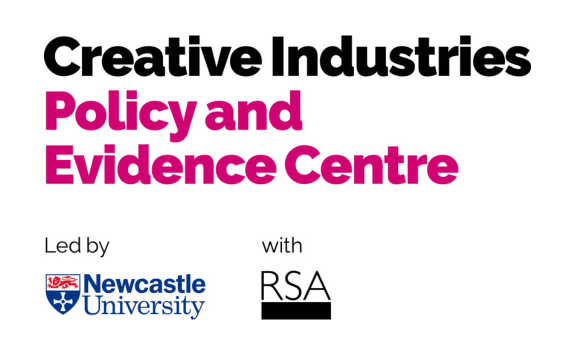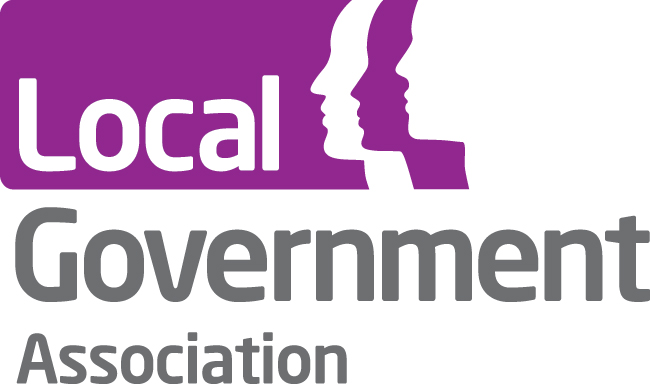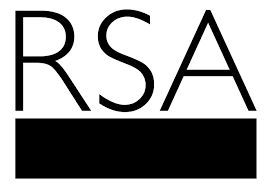Part Two
The Programme
In Part 2, we set out how we have designed and delivered the open policy development programme so far, including how we brought the partners together, curated the research and insight gathering activities and co-designed a set of evidence-informed policy principles and recommendations.
Partners
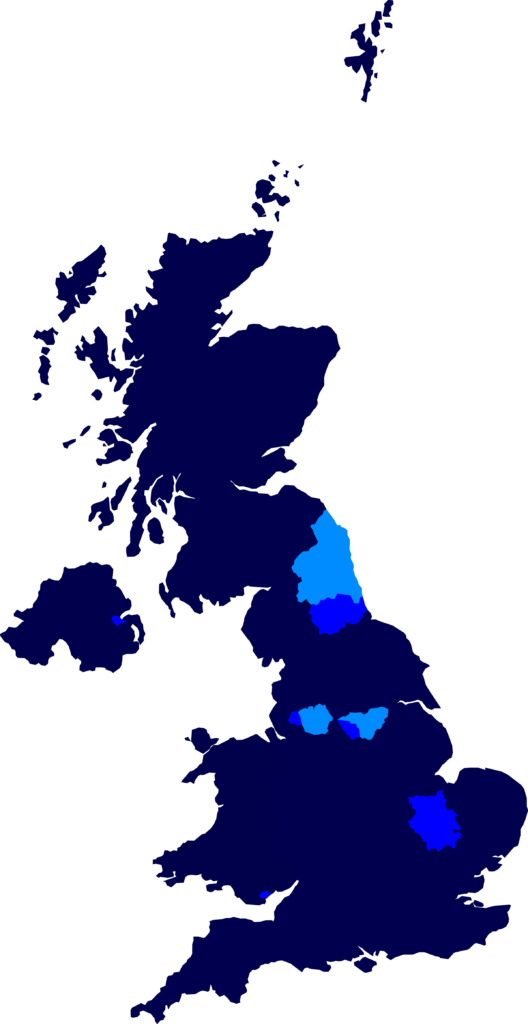
North East Combined Authority
Belfast City Council
Cardiff Council
Cambridgeshire & Peterborough
Durham County Council
Greater Manchester Combined Authority
Harlow District Council
Sheffield City Council via Sheffield Culture Collective
Wigan Council
South Yorkshire Combined Authority
Place Partners
Belfast City Council
District Council
Population:
348,005
Size:
132 km2
GDP per head at current market prices, pounds:
£49,821
Cambridgeshire & Peterborough
Combined authority made up of 7 Local Authorities.
Population:
896,800
Size:
3,400 km2
GDP per head at current market prices, pounds:
£38,001
Constituent Local Authorities:
2 upper tier local authorities: Cambridgeshire County Council, Peterborough City Council 5 District Councils: Cambridge City, East Cambridgeshire, South Cambridgeshire, Fenland, Huntingdonshire.
Cardiff Council
Combined authority made up of 7 Local Authorities.
Population:
383, 536
Size:
141 km2
GDP per head at current market prices, pounds:
£40,950
Durham County Council
Unitary authority
Population:
532,200
Size:
2,230 km2
GDP per head at current market prices, pounds:
£23,169
Greater Manchester Combined Authority
Combined authority made up of 10 Local Authorities
Population:
2,948,633
Size:
1,277 km2
GDP per head at current market prices, pounds:
£34,246
Constituent Local Authorities:
Bolton, Bury, Manchester, Oldham, Rochdale, Salford, Stockport, Tameside, Trafford and Wigan
North East Combined Authority
Combined authority made up of 7 Local Authorities
Population:
2,012,449
Size:
7,786 km2
GDP per head at current market prices, pounds:
£24,585
Constituent Local Authorities:
County Durham, Gateshead, Newcastle, North Tyneside, Northumberland, South Tyneside and Sunderland
Harlow District Council
District council
Population:
96,040
Size:
30.54 km2
GDP per head at current market prices, pounds:
£29,079
Sheffield City Council via Sheffield Culture Collective
Cultural Compact (metropolitan district based on Sheffied City Council juristiction)
Population:
573,252
Size:
368 km2
GDP per head at current market prices, pounds:
£30,896
South Yorkshire Combined Authority
Combined authority made up of 4 Local Authorities
Population:
1,407,072
Size:
3,484 km2
GDP per head at current market prices, pounds:
£26,485
Constituent Local Authorities:
Sheffield, Rotherham, Doncaster and Barnsley
Wigan Council
Metropolitan borough council
Population:
339,174
Size:
200 km2
GDP per head at current market prices, pounds:
£21,487
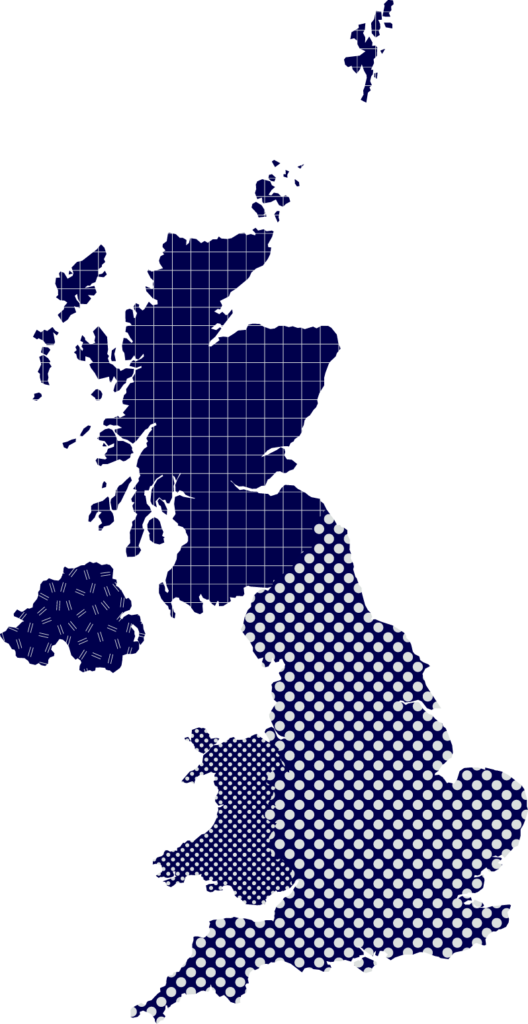
Sector Partners
Amgueddfa Cymru – Museum Wales
Art Fund
Association of Leading Visitor Attractions
Creative Estuary
Culture Counts
Gulbenkian Foundation
Historic England
Libraries Connected
Paul Hamlyn Foundation

University of Leeds
Centre for Cultural Value
University of Dundee
University of Kent
University of Warwick
Research Partners
Centre for Cultural Value
Hestletine Institute for Public Policy (University of Liverpool)
University of Dundee
University of Kent
University of Leeds
University of Warwick
Observer Partners
Arts Council England
Creative Industries Council
Creative Industries Policy and Evidence Centre
Historic England
Local Government Association
RSA
Steering Panel
The programme was given strategic direction by a panel made up of one representative from each of the programme partners.
Each representative had one vote in all decision making moments throughout the programme lifecycle, regardless of size, role or standing within the ecosystem.
Steering Panel
Jane Richardson
Amgueddfa Cymru – Museum Wales
Bernard Donoghue OBE
Association of Leading Visitor Attractions (ALVA)
Rachael Browning
Art Fund
Paul Bristow
Arts Council England
Lesley-Anne O’Donnell
Belfast City Council
Jules Ient
Cambridgeshire & Peterborough Combined Authority
Ruth Cayford
Cardiff Council
Professor Ben Walmsley
Centre for Cultural Value
Lorainne Cox
Creative Estuary
Fran Hegyi OBE
Creative Industries Council
Bernard Hay
Creative Industries Policy and Evidence Centre
Culture Commons
Lori Anderson & Laura Dyer
Culture Counts (Scotland)
Alison Clark
Durham Council / North East Combined Authority
Marie-Claire Daly
Greater Manchester Combined Authority
Luis Jeronimo
Calouste Gulbenkian Foundation
Rory Davies
Harlow Playhouse
Robert Llyod-Sweet
Historic England
Isobel Hunter MBE
Libraries Connected
Lauren Lucas
Local Government Association
Holly Donagh
Paul Hamlyn Foundation
Evy-Cauldwell French
RSA
Diana Buckley
Sheffield City Council
Surriya Falconer & Martin McKervey
Sheffield Culture Collective
Andy Gates
South Yorkshire Combined Authority
Professor Anita Taylor
University of Dundee
Alison McKenzie Folan OBE
Wigan Council
Research Team
Each of our Research Partners brought teams of researchers into the programme. They have worked with the Culture Commons team on the research phase of the programme.
Researchers
Dr John Wright
Centre for Cultural Value
Dr Paul Gault
University of Dundee
Dr Susan Mains
University of Dundee
Emma Preston
University of Dundee
Dr Anna Robb
University of Dundee
Professor Anita Taylor (Co-chair)
University of Dundee
Professor Leila Janchovich
University of Leeds
Professor Ben Walmsley (Co-chair)
University of Leeds
Dr John Wright
University of Leeds
Professor Catherine Durose
University of Liverpool
Dr James Hickson
University of Liverpool
Susan Jarvis
University of Liverpool
Anthony Noun
University of Liverpool
Professor Catherine Richardson
University of Kent
Dr Vishalakshi Roy
University of Kent
Chloe Street-Tarbatt
University of Kent
Dr Heidi Ashton
University of Warwick
Dr Bethany Rex
University of Warwick
Dr Jonathan Vickery
University of Warwick
Dr David Wright
University of Warwick

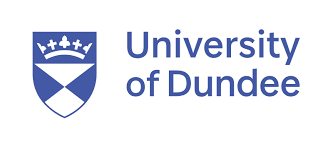


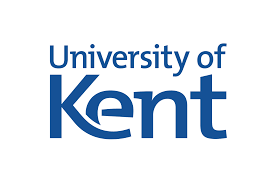
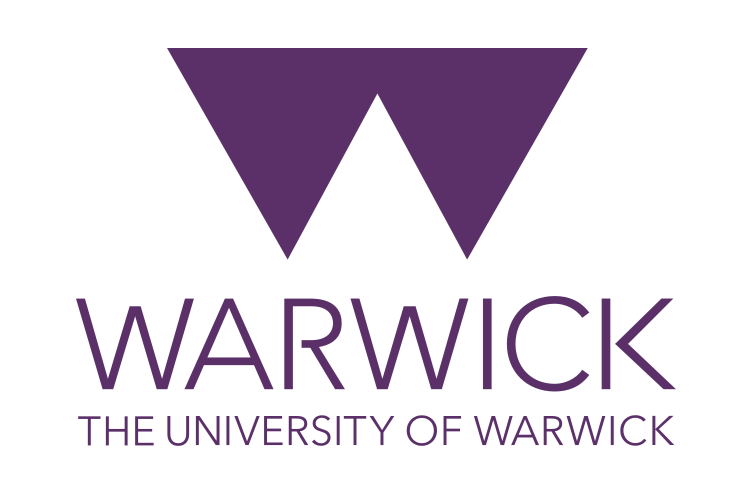
Building the Partnership
Given the complexity of the UK’s creative, cultural and heritage ecosystem, devolution and increased local decision making is likely to play out differently for different stakeholder groups and places.
The full diversity of the ecosystem rarely have an opportunity to come together to talk about policy in a systematic way.
We also know that certain stakeholders groups such as the public and the workforce (and in particular freelancers) can often be excluded from policymaking processes.
This can see some parts of the ecosystem and interest groups – usually those that have the time and resource to give – shaping policies that impact everyone.
On this basis, Culture Commons set in late 2023 to convene a ‘coalition of the willing’ to explore devolution from a number of different perspectives.
We’re delighted that 30 partners from across four UK nations joined us. Collectively, they bring a broad range of contexts, perspectives and objectives to the table.
- Our place partners represent nearly 8 million people in villages, towns, cities and regions across the UK
- Our sector partners are a mix of private and public organisations and representative bodies operating within and/or engaging with DCMS sub-sectors
- Our research partners are leaders in the respective fields and disciplines and are connected to extensive wider academic and research networks
- Our funding partners irrigate the ecosystem and invest extensive levels of private and public funding in different ways
- Our observer partners are connected to high-level decision making processes that shape the policy landscape
Some of our partners also represent much wider groups of stakeholders through their memberships, associations and networks, meaning the overall reach of the programme has been considerable.
Of course, we can never assume that any one organisation or stakeholder group speaks for a whole stakeholder group, but we can say that we have a good cross-section of the ecosystem at the table.
Open Policymaking
At Culture Commons, we believe that the people who are going to be most affected by a policy should be able to participate in its making. This is particularly important in relation to policies of national significance such as devolution that will impact on large numbers of people where they live.
‘Open Policymaking’ is a method established by UK Government to open up public policy design to a wider variety of stakeholders. We have adopted some of the key principles sitting behind this approach and built on others whilst designing this open policy development programme.
The partners have taken a radically open and transparent approach. Culture Commons has been publishing details and outputs from every meeting, roundtable, panel, workshop and Policy Lab we’ve run, summarising insights gathered in a series of open-access reports.
All of our commissioned research has also published open source to enable as many people as possible to benefit from it.
Themes
To help us make sense of what was likely to be a very wide range of potential areas of research interest, the programme partners agreed four core areas right at the top of the programme.

Decision Making
The risks and opportunities associated with increased decision making for local and regional decision making bodies.

Place Shaping
The role that the creative, cultural and heritage ecosystem could play in enhanced place-based socio-economic development.

Local Voice
How the public and ecosystem stakeholders might be meaningfully involved in local cultural decision making in their area.

Funding
The future of funding for the creative, cultural and heritage ecosystem in an increasingly devolved policy landscape.
Questions
With our Themes established, Culture Commons set about drafting a set of 20 questions that we felt we would need to answer to cover the themes thoroughly. These questions were iterated with the programme partners, including our research partners, and tested with external stakeholders too.
The kinds of questions we identified together included:
?
How prepared are local decision makers for increased local control? What is the role for cultural practices in local decision making?
?
What types of funding do underserved localities need to grow their creative, cultural and heritage ecosystems?
?
How are freelance, atypical and self-employed workers in the creative and cultural sectors currently supported in local decision making processes?
Evidence Gathering
To answer the questions set out above, Culture Commons designed three distinct work strands.
Each enabled us to gather evidence from different parts of the UK’s creative, cultural and heritage ecosystem. They were designed to draw on the insights and expertise sitting with the partnership itself, but also extend out to learn from others.
Research
New primary and secondary research conducted by our Research Partners and the Culture Commons team to bring the most up today evidence into the programme.
Insight Gathering
Roundtables and workshops with different stakeholder groups in the regions and nations of the UK to draw in the lived experiences and perspectives of experts in the field.
Knowledge Exchange
Webinars involving the partners and external experts to share best practice, build links, establish new information networks and extend the reach of the programme.
Workforce Workshops
A series of workshops with people working within the ‘creative economy’ – in both employed and self-employed roles in our place partner areas. We paid freelancers for their time to be with us.
Public Focus Groups
Several focus groups with representative samples of members of the public from the four UK nations to explore public perceptions of local cultural decision making, current levels of involvement, and visions for future engagement.
Site Visits
Place-specific gatherings of our partners and external representatives in situ to conduct comparative analysis of how the ecosystem manifests in different parts of the country.
Research
Culture Commons has been working with leading universities, research institutions and policy experts to ensure the policy work we’re doing together with the partners is always evidence-informed.
We produced a series of research briefs to utilise the expertise of a multi-disciplinary team of researchers to support us in tackling some of the knottier questions we set for ourselves.
The research we commissioned for this programme incorporates a blend of secondary research like literature reviews, rapid reviews, case study compilation, comparative analysis but also, in some instances, includes new primary research too.
Cultural strategies and local cultural decision making
Authors:
Dr John Wright, Centre for Cultural Value, University of Leeds
Designing for access in local cultural decision making
Authors:
Dr Paul Gault, University of Dundee
Awaiting publication
Cultural engagement & young children
Authors:
Dr Anna Rob, University of Dundee
Awaiting publication
How prepared are subnational governments in the UK for greater local cultural decision making?
Authors:
Dr James Hickson, Anthony Noun, Professor Catherine Durose, Sue Jarvis, Heseltine Institute, University of Liverpool
The role of local authorities in supporting local cultural decision making
Authors:
Dr James Hickson, Anthony Noun, Professor Catherine Durose, Sue Jarvis, Heseltine Institute, University of Liverpool
Building Voice: Culture-Led Capital Projects as Catalysts for Local Decision-Making in Place
Authors:
Dr Cara Courage, Culture and Place; Dr Lucrezia Gigante, Culture Commons
Awaiting publication
How do we define effective public involvement in cultural decision making?
Authors:
Professor Leila Jancovich, University of Leeds; Dr Lucrezia Gigante and Dr Claire Burnill-Maier, Culture Commons
'City of Culture' and Mega Events as sites of local cultural decision making
Authors:
Dr David Wright and Dr Vishalakshi Roy, University of Warwick
How are different legal entities and business models supporting creative, cultural and heritage sector organisations in place
Authors:
Dr Vishalakshi Roy, University of Warwick
The potential impacts of devolution on the creative and cultural sector freelance workforce
Authors:
Dr Heidi Ashton, University of Warwick
A role for Cultural Rights in local cultural decision making?
Authors:
Dr Jonathan Vickery, University of Warwick
Surveying the creative, cultural and heritage ecosystem in the West Midlands
Authors:
Dr Jonathan Vickery, University of Warwick
What do the public think about the future of local cultural decision making?
Authors:
Thinks Insight and Strategy
The future of local cultural decision making
Authors:
Trevor MacFarlane, Jack Shaw (Labour Together), Eliza Eaton (Erskine Analysis)
Perspectives on cultural devolution from within the creative, cultural and heritage ecosystem
Authors:
Dr Jonathan Vickery, University of Warwick
New approaches to integrated place shaping
Authors:
Client Evaluation for the University of Kent, Culture Commons
Insight Gathering
From March to September 2024, we hosted a series of deeper-dive activities with external organisations and professionals to gather insights across our programme Themes. You might think about this work strand as the ‘outreach’ or ‘engagement’ part of the programme.
These sessions were designed co-convened by Culture Commons, the programme partners and external stakeholders who were keen to part of the conversation. In each, we deployed a range of tried and tested methods of policy co-design, and ran semi-structured and structured workshops, panels, Policy Labs, roundtables, workshops and focus groups.
Most of these sessions were conducted under Chatham House rules to ensure everybody felt able to share their views feely. On a number of occasions, this was cited by people participating in the sessions as being crucial to them being able to give a full account of their experiences and perspectives.
Workforce Workshops
In June 2024, we issued an open call for workers from within DCMS sub-sectors and the wider ‘creative economy’ (i.e. creative roles in other sectors of the economy) across the four nations to join us for deep-dive conversations.
Participants were selected to ensure a balance of age, gender and geographical distribution across the UK, with a mix of rural and urban locations factored in too.
We sought to bring in a cross-section of people working in different sub-sectors and different types of employment, from those with a fixed home and work base, to those whose work requires frequent travel and touring.
Recognising that freelance, self-employed and atypical workers operating within the ecosystem often face multiple barriers to participating in policy programmes of this kind, we paid freelancers for their time to share their expertise and lived experiences.
University of Warwick and Culture Commons co-convened a series of workshops with representatives of workers based in England, Scotland and Northern Ireland. We will be running a session in Wales in due course.
Workshop Format
We invited workers (including freelancers) from within our place partner areas to share their experience and views on local cultural decision making.
? How might the creative, cultural and heritage workforce be impacted by increased local decision making in:
England (6 June)
Scotland (5 June)
Northern Ireland (6 June)
A paper capturing the outcomes of these workshops will be published in early 2025.
Public Focus Groups
Whilst the wider programme is mainly focussed on the creative, cultural and heritage sectors and local government, the scope of this piece of work was to collect views from the general public – a group all too often excluded from policy dialogues of this kind.
In May 2024, we commissioned the Thinks Insight and Strategy team to conduct a series of focus groups with representative samples of members of the public from the four UK nations with us.
The aim was to explore public perceptions of culture, creativity, and heritage in their local areas, including their understanding of local cultural decision making, current levels of involvement, and visions for future engagement.
Participants were recruited to be broadly reflective of the UK population on key demographics including gender, with set quotas for sexuality, ethnicity, and people who self-classify as disabled or with a long-term health condition. Individuals with high levels of involvement in the cultural offers of their local area (e.g. jobs in the cultural sector who would be picked up by the Workforce Workshops) were screened out to allow for a more general viewpoint.
The Thinks team engaged with 47 participants in a series of online focus groups clustered as follows: Northern Ireland, Scotland, Wales, North-West England, North-East England and South-East England.
The insights from these sessions have been captured in the research paper ‘What do the public think about the future of local cultural decision making?’.
22 March
Placing citizens at the heart of culture-led place-shaping
Placing citizens at the heart of culture-led place-shaping
Co-hosts:
Culture Collective (Sheffield), Sheffield City Council, South Yorkshire Mayoral Combined Authority
Content of discussion:
In this session, we heard from a panel of architecture and urban planning scholars about the role that Urban Rooms can play a fora for local cultural decision making. An open discussion took place with members of the creative, cultural and heritage ecosystem across South Yorkshire.
17 April
Perspectives on devolution from Arm's Length Bodies across the UK
Perspectives on devolution from Arm's Length Bodies across the UK
Co-hosts:
Arts Council England and Historic England
Content of discussion:
In this session, we invited senior representatives of ALBs across the UK to discuss the risks and opportunities of cultural devolution and increased local decision making.
18 April
Perspectives on devolution from the Grant-giving Bodies
Perspectives on devolution from the Grant-giving Bodies
Co-hosts:
Paul Hamlyn Foundation and Calouste Gulbenkian Foundation (UK Branch)
Content of discussion:
In this roundtable discussion, we invited senior representatives of major grant giving bodies based in the UK to compare their emerging approaches to supporting creative, cultural and heritage organisations.
8 May
Perspectives on devolution from Independent Museum Directors
Perspectives on devolution from Independent Museum Directors
Co-hosts:
Art Fund
Content of discussion:
In this roundtable discussion, we invited independent museum directors from leading cultural organisations across the UK to discuss their relationships with local authorities and how they perceive their role in local cultural decision making.
30 May
What is the view from local government in Northern Ireland?
What is the view from local government in Northern Ireland?
Co-hosts:
Belfast City Council and Northern Ireland Local Government Association (NILGA)
Content of discussion:
We invited local government officers with culture portfolios from across Northern Ireland to a roundtable discussion on their perspectives on and preparedness for increased local decision making.
31 May
Perspectives on devolution from the creative industries in Northern Ireland
Perspectives on devolution from the creative industries in Northern Ireland
Co-hosts:
Belfast City Council
Content of discussion:
A discussion with representatives from different subsectors of the creative industries working across Northern Ireland to talk about the risks and opportunities associated with increased local decision making.
5 June
How will the creative, cultural and heritage workforce be impacted by increased local decision making in Scotland?
How will the creative, cultural and heritage workforce be impacted by increased local decision making in Scotland?
Co-hosts:
University of Warwick
Content of discussion:
In this roundtable discussion, we invited representatives from the creative, cultural and heritage workforce (including freelancers) from our place partner areas across Scotland to share their experience and views on local cultural decision making.
6 June
How might the creative, cultural and heritage workforce be impacted by increased local decision making in England?
How might the creative, cultural and heritage workforce be impacted by increased local decision making in England?
Co-hosts:
University of Warwick
Content of discussion:
In this roundtable discussion, we invited representatives from the creative, cultural and heritage workforce (including freelancers) from our place partner areas across England to share their experience and views on local cultural decision making.
6 June
How will the creative, cultural and heritage workforce be impacted by increased local decision making in Northern Ireland?
How will the creative, cultural and heritage workforce be impacted by increased local decision making in Northern Ireland?
Co-hosts:
University of Warwick
Content of discussion:
In this roundtable discussion, we invited representatives from the creative, cultural and heritage workforce (including freelancers) from our place partner areas across Northern Ireland to share their experience and views on local cultural decision making.
11 June
What is the view from local government in Scotland?
What is the view from local government in Scotland?
Co-hosts:
Convention of Scottish Local Authorities (COSLA)
Content of discussion:
We invited local government officers with relevant portfolios and Arms Length External Organisation (ALEO) representatives from across Scotland to a roundtable discussion on local authorities’ perspectives on, and preparedness for, increased local decision making associated with the creative, cultural and heritage ecosystem.
11 June
Working locally to support Tayside's creative, cultural and heritage ecosystem
Working locally to support Tayside's creative, cultural and heritage ecosystem
Co-hosts:
University of Dundee and V&A Dundee
Content of discussion:
We co-hosted a roundtable discussion at the V&A Dundee for representatives to explore how the Dundee might develop a regional strategy to support the creative, cultural and heritage ecosystem.
11/12 June
What is the view from the sector in Dundee?
What is the view from the sector in Dundee?
Co-hosts:
Culture Counts and University of Dundee
Content of discussion:
In this session, we met with representatives of creative, cultural and heritage organisations across Scotland, but particularly from Dundee, Fife and the wider Tayside region. We discussed views on increased local decision making and the opportunities that community and practitioner empowerment might bring.
20 June
International approaches to local decision making
International approaches to local decision making
Co-hosts:
British Council and Calouste Gulbenkian Foundation
Content of discussion:
In this roundtable, we explored approaches to local cultural decision making, culture led projects, and local voice with international institutions, including foundations, local authorities and global networks.
22 July
Perspectives on devolution from the Creative Industries Council
Perspectives on devolution from the Creative Industries Council
Co-hosts:
Creative Industries Council
Content of discussion:
A roundtable with senior leaders from creative firms across the UK.
24 July
What is the view from local government in Wales?
What is the view from local government in Wales?
Co-hosts:
Amgueddfa Cymru – Museums Wales and Welsh Local Government Association (WLGA)
Content of discussion:
We invited culture portfolio holders from Welsh local authorities to a roundtable discussion on their perspectives on and preparedness to cultural devolution.
25 July
Perspectives on devolution from Library Services
Perspectives on devolution from Library Services
Co-hosts:
Libraries Connected
Content of discussion:
In this session, senior library services leaders from across the UK discussed a range of subjects associated with devolution and increased local decision making.
6 August
What is the view from the sector in Wales?
What is the view from the sector in Wales?
Co-hosts:
Amgueddfa Cymru – Museums Wales
Content of discussion:
In this session, we met with representatives of creative, cultural and heritage organisation from Wales to discuss their views on the impact of increased local decision making to their work.
17 September
Perspectives on devolution from Arm's Length Bodies in Wales
Perspectives on devolution from Arm's Length Bodies in Wales
Co-hosts:
Amgueddfa Cymru – Museums Wales
Content of discussion:
In this session, we invited senior representatives of ALBs from across Wales to discuss the risks and opportunities of cultural devolution from their organisational perspective.
Knowledge Exchange
Between February and June 2024, we ran a series of Knowledge Exchange webinars designed to facilitate the exchange of views and ideas, as well as share internal experiences on subjects of relevance to specific research questions.
While these sessions were generally closed and for programme partners only, we did invite external experts to contribute a fresh perspectives from further afield too.
Key insights from each of these sessions are publicly available in a series of Insight Papers providing a summary of the sessions themselves, as well as sharing a few potential implications for policy from the Culture Commons team.
Click the title of each session to find out more and click the button to download the full Insight Paper.
7 Feb 2024
What do we mean by increased local decision making?
What do we mean by increased local decision making?
We explored the main concepts sitting behind ‘devolution’ and ‘increased local decision making’ at a UK and devolved nation level. We explored how devolution had evolved over the years and some of the main challenges that policymakers face today.
23 Feb 2024
How can place-specific cultural strategies support local cultural decision making?
How can place-specific cultural strategies support local cultural decision making?
Officers from our partner local authorities, cultural practitioners and consultants shared their experiences working on past, present and future cultural strategies. This session explored where and how cultural strategies have been able to improve local cultural decision making.
7 March 2024
Supporting ‘local voice’ in cultural decision making
Supporting ‘local voice’ in cultural decision making
Experts, academics and practitioners shared examples of innovative work that meaningfully includes the public in local cultural decision making already taking place in different parts of the UK.
18 March 2024
Regional and local government: working together to support local cultural decision making
Regional and local government: working together to support local cultural decision making
Senior officers covering relevant portfolios from our local and combined authority partners discussed the evolving relationships between different tiers of government, outlining some of the challenges and opportunities as they see it.
8 April 2024
How might pan-regional working support increased local decision making?
How might pan-regional working support increased local decision making?
Leaders from organisations spearheading innovative pan-regional initiatives shared their insights on the ambition and potential to support creative, cultural and heritage ecosystems at larger spatial scales.
26 April 2024
Local cultural decision making in 'left-behind areas'
Local cultural decision making in 'left-behind areas'
Local authority officers and sector practitioners from areas with historically low levels of investment and cultural engagement discussed the challenges of developing creative, cultural and heritage infrastructures and considered possible policy interventions.
8 May 2024
How can property developers support local cultural decision making?
How can property developers support local cultural decision making?
Development agencies and specialist consultants discussed ways in which the private sector can act as enablers of culture-led place shaping.
Site Visits
As part of our Evidence Gathering for the programme, we organised site visits in each of the UK nations.
Sheffield, England (22 March 2024)
Belfast, Northern Ireland (30 - 31 May 2024)
Pontypridd, Wales (6 Jun 2024)
Dundee, Scotland (11 - 12 Jun 2024)
Finding Synthesis
Between June and August 2024, we synthesised findings from across all the work strands.
We carefully examined the data coming through for patterns and contradictions, and clustered these thematically within a comprehensive findings table.
Together, each of the work strands formed a solid foundation for our evidence-based policy design work that has since followed.
We will continue to gather evidence and conduct research to build the evidence base from here.


Policy Labs
We convened the programme Steering Panel and our researchers to share emergent findings and run a series of Policy Labs.
Together we reflected on our discoveries, considered the possible implications of them and then tested some ideas for possible policy solutions.
We share just a few of the exercises we used to give you a flavour of the collaborative nature of this phase:
Challenge Card activity
We set our programme partners one of four bigger policy challenges to solve in small groups. This image shows some of the ideas, concerns and ambitions of the partners that we collated into Miro Boards.
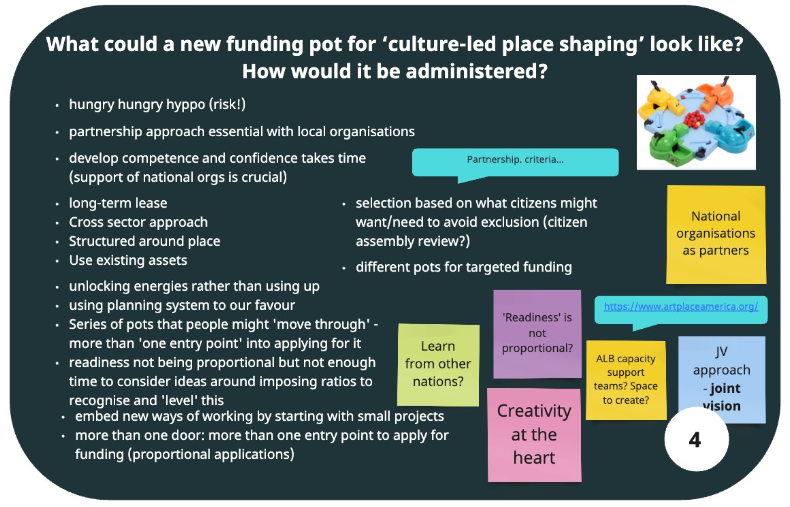
Hopes and Fears exercise
We used stock photographs symbolising each of the four themes to explore some of the ‘hopes’ and ‘fears’ about cultural devolution. We used a Padlet board to anonymise the process so we could share views, comments and concerns with freedom.
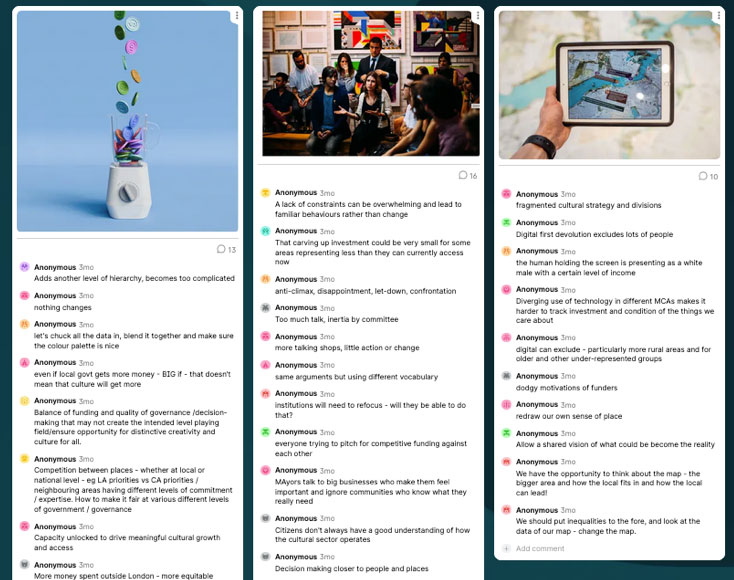

Policy Positions Agreed
Based on the Policy Lab outcomes, Culture Commons developed a series of draft principles and recommendations that we shared and discussed at length with members of the Steering Panel – both one to one and in group settings.
We repeated these discussions with our researcher partners to ensure the research findings were being well applied.
This interaction helped us to make the necessary adjustments to the recommendations to ensure that all programme partners were happy with the final published policy.
A final version of the Principles and Recommendations were agreed through our online Policy Portal.
